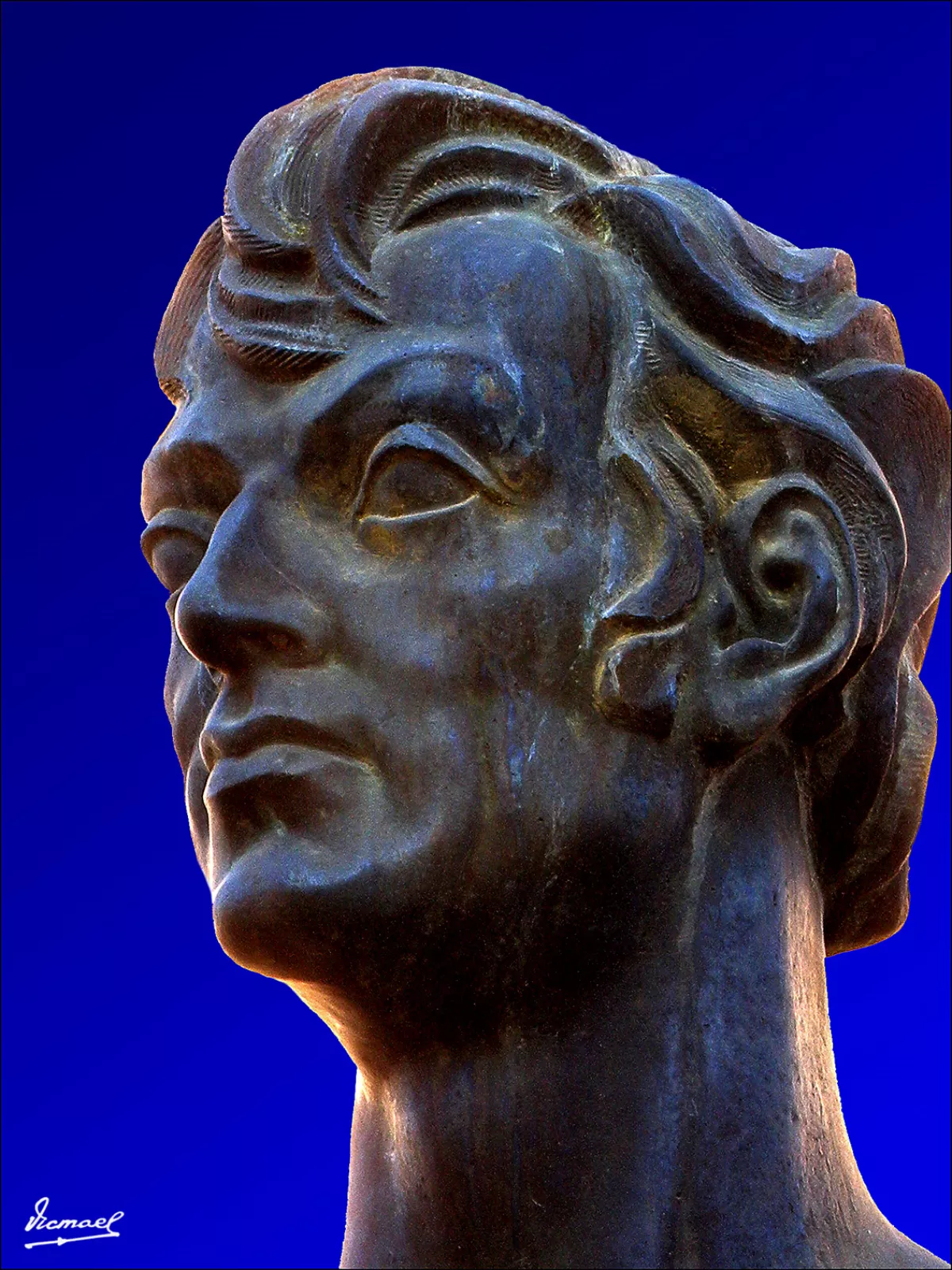 1.
1. Martial wrote a total of 1,561 epigrams, of which 1,235 are in elegiac couplets.

 1.
1. Martial wrote a total of 1,561 epigrams, of which 1,235 are in elegiac couplets.
Martial has been called the greatest Latin epigrammatist, and is considered the creator of the modern epigram.
Martial's name seems to imply that he was born a Roman citizen.
Martial professes to be of the school of Catullus, Pedo, and Marsus.
Martial's faculty ripened with experience and with the knowledge of that social life which was both his theme and his inspiration; many of his best epigrams are among those written in his last years.
Martial made many influential friends and patrons and secured the favor of both Titus and Domitian.
Martial failed in his application to Domitian for more substantial advantages, although he commemorates the glory of having been invited to dinner by him, and the fact that he procured the privilege of citizenship for many persons on whose behalf he appealed to him.
Martial lived at first up three flights of stairs, and his "garret" overlooked the laurels in front of the portico of Agrippa.
Martial was dependent on his wealthy friends and patrons for gifts of money, for his dinner, and even for his dress, but the relation of client to patron had been recognized as an honourable one by the best Roman traditions.
Martial was merely following a general fashion in paying his court to "a lord," and he made the best of the custom.
Martial professes to avoid personalities in his satire, and honour and sincerity seem to have been the qualities which he most admires in his friends.
The tenderest element in Martial's nature seems to have been his affection for children and for his dependents.
The enduring literary interest of Martial's epigrams arises as much from their literary quality as from the colorful references to human life that they contain.
Martial's epigrams bring to life the spectacle and brutality of daily life in imperial Rome, with which he was intimately connected.
Martial's epigrams refer to the cruelty shown to slaves in Roman society.
Martial's epigrams are characterized by their biting and often scathing sense of wit as well as for their lewdness; this has earned him a place in literary history as the original insult comic.
The works of Martial became highly valued on their discovery by the Renaissance, whose writers often saw them as sharing an eye for the urban vices of their own times.